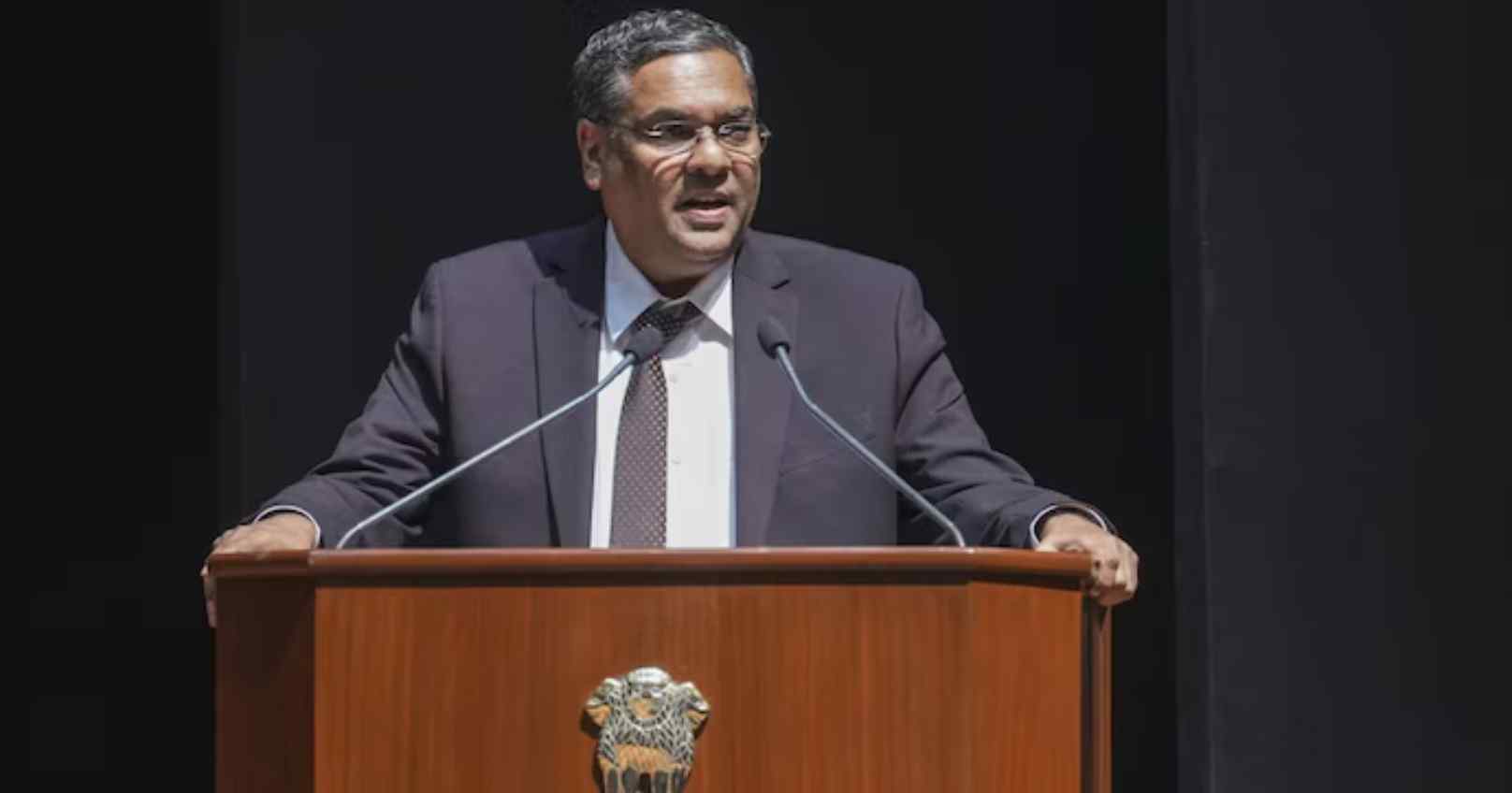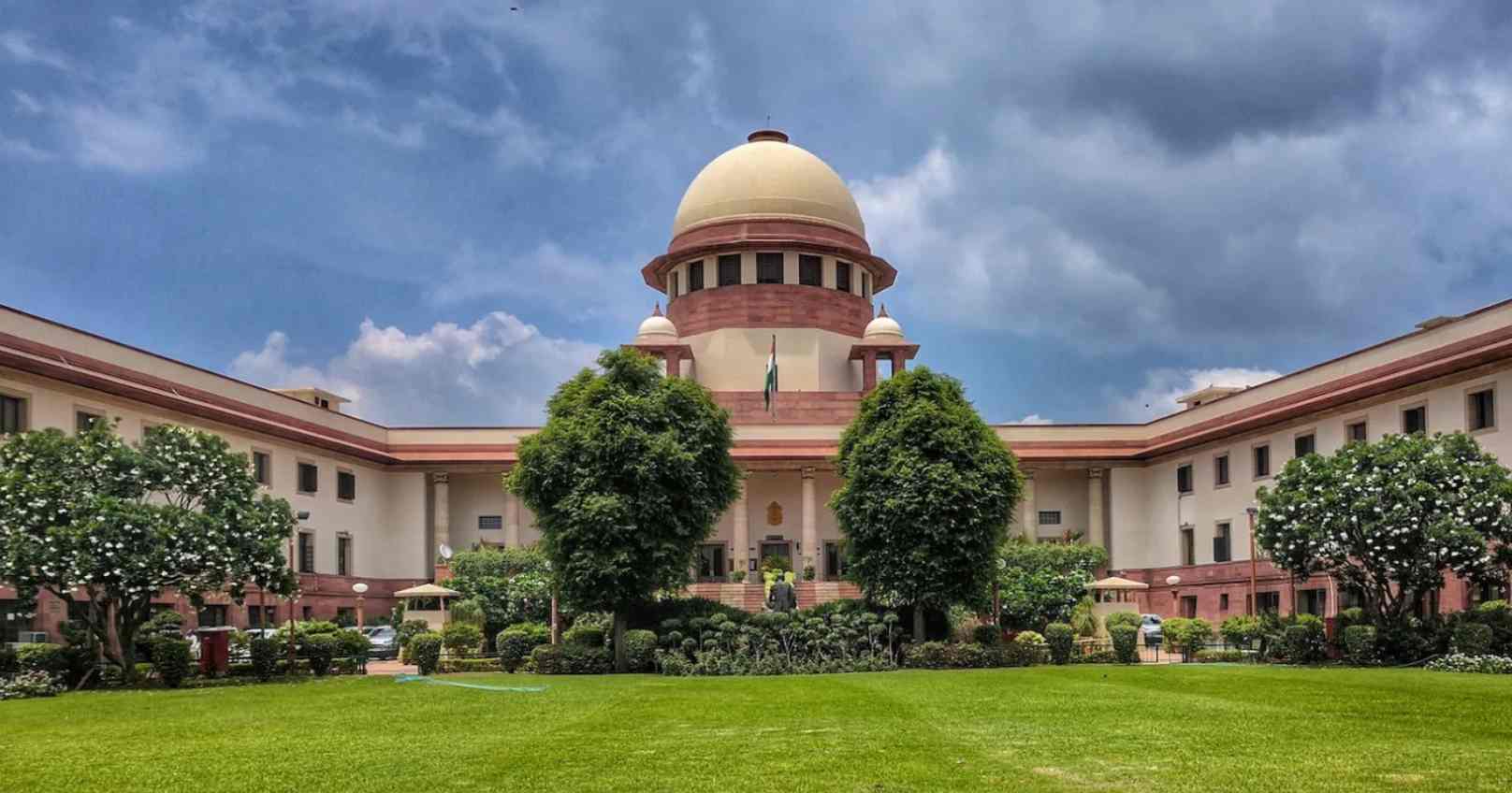Justice Sanjiv Khanna took office on Monday as the 51st Chief Justice of India, setting forth a reform-focused agenda aimed at clearing case backlogs, lowering litigation costs, and simplifying the judicial process. He will hold the position until May 2025.
A Constitutional Role
In his opening address, Chief Justice Khanna spoke about the judiciary’s fundamental role in the Indian governance structure, emphasizing its independence and dedication to upholding constitutional principles. He stated, “Our Constitution has bestowed upon us the role of being guardians of fundamental rights and providers of justice.”
Equal Justice for All
Chief Justice Khanna underlined the need for an impartial justice system that treats all citizens equally, regardless of wealth, status, or power. He asserted that equal treatment requires “fair opportunities for all,” highlighting the judiciary’s role in safeguarding citizens’ rights and ensuring unbiased adjudication.
Tackling Case Backlogs and Enhancing Accessibility
Addressing challenges in the judiciary, Chief Justice Khanna emphasized the urgency of reducing case backlogs, lowering legal costs, and simplifying court procedures to make litigation more accessible to citizens. He intends to adopt a responsive, feedback-driven approach to enhance court accessibility, stating, “Making court judgments understandable and promoting mediation will be among our priorities.”
Reforming Criminal Justice Procedures
Chief Justice Khanna also emphasized the need for targeted reforms in the management of criminal cases, aiming to shorten trial durations through systematic strategies. His vision includes reducing the burden on citizens by making the legal process less arduous and more efficient.
Filling Judicial Vacancies and Tackling Key Cases
One immediate priority for the Chief Justice-led Collegium is to address the two vacant positions in the Supreme Court, which currently operates with 32 judges instead of its sanctioned 34. Additionally, he plans to establish Constitution Benches to address pressing issues, including the use of money bills for legislative amendments, marital rape, and the Sabarimala temple entry case.







